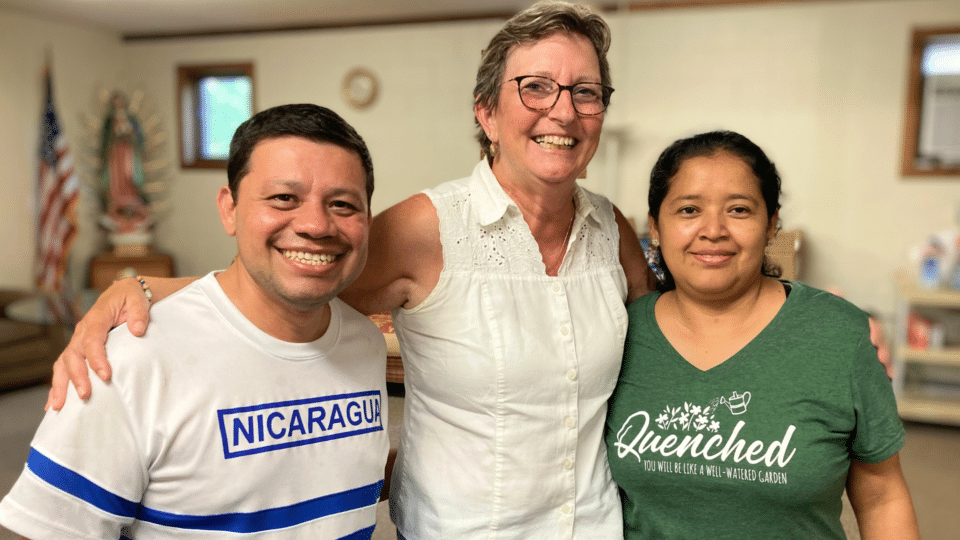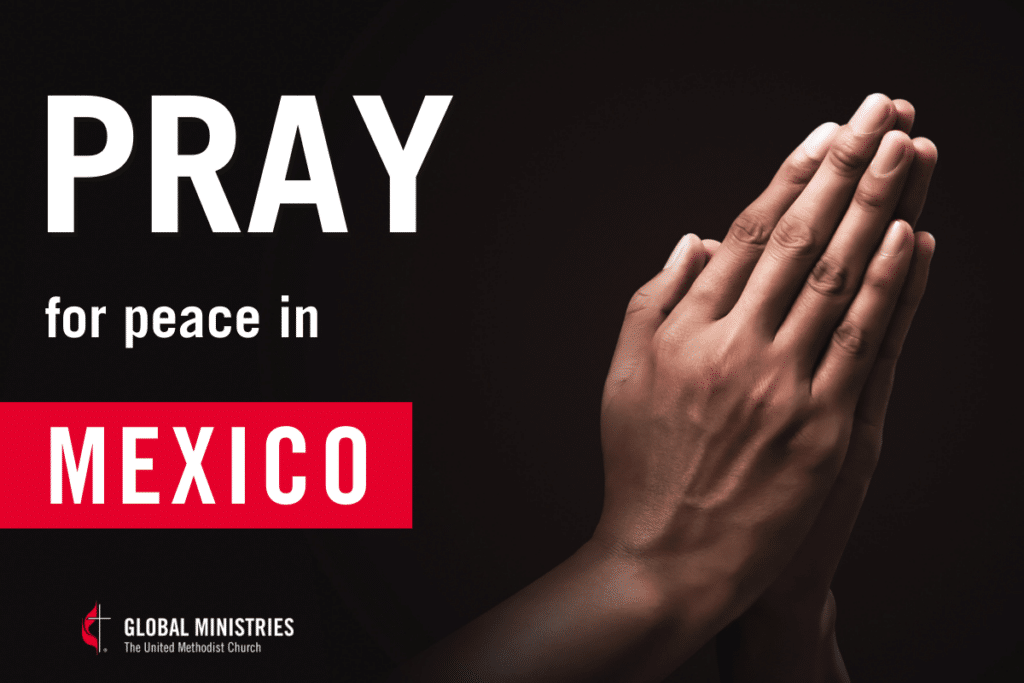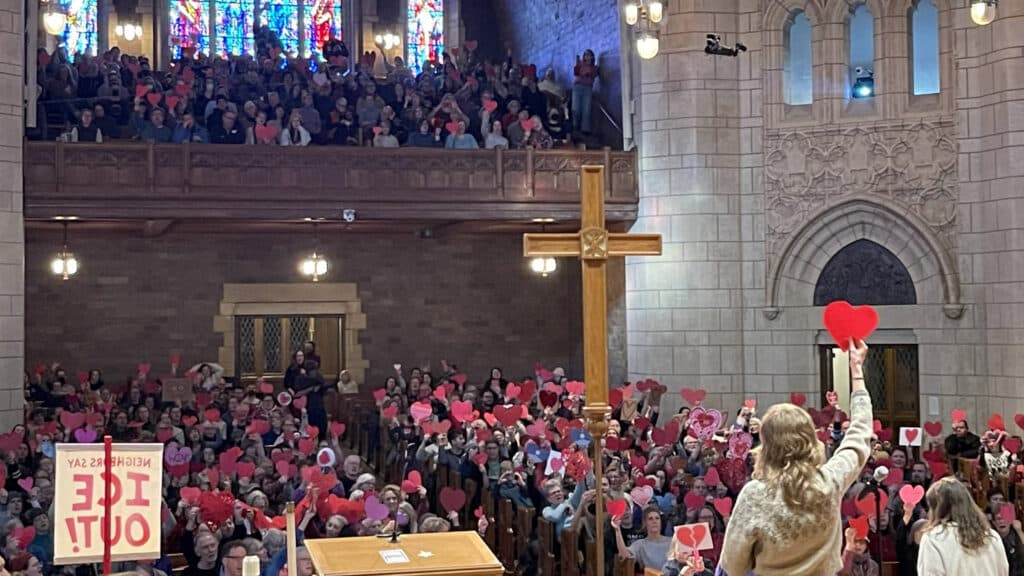September 11, 2021 | ATLANTA
By Roland Fernandes
The 20th anniversary of the attacks of 9/11, coupled with the end of American military presence in Afghanistan, gives special poignancy to a tragic period of modern history. But 9/11 and the conflict in Afghanistan have never been far from heart and mind at the United Methodist General Board of Global Ministries and the United Methodist Committee on Relief (UMCOR). Our offices in 2001 were located in upper Manhattan and staff members looking south from the 14th floor of 475 Riverside Drive saw the twin towers of the World Trade Center fall.
UMCOR would become a vehicle of compassion for global church response. A large and extended program to help survivors, their families, communities, and small businesses plan for their futures was funded by millions of dollars—eventually some $20 million—that spontaneously began to arrive in the mail. It was an outpouring from all over the world, initially sent without a single request or solicitation. Caring people turned to the church to express their grief, fear, outrage, and hope for peace. The sentiment was so profound that it inspired a book of meditations, “Prayers from Ground Zero,” compiled by the Rev. James McGraw, pastor, and journalist, who was a sometimes editor for Global Ministries and pastor of the historic Johns Street UMC in lower Manhattan, not far from the World Trade Center.
The American decision to punish Al-Qaeda, held responsible for the attacks, by bombing Afghanistan expanded an existing area of ministry. Our agency had engaged in health and food programs in the central Asia country in partnership with local and international groups since the mid-1960s. It was no time to abandon work in that acutely poor place, and UMCOR opened and operated a field office there for several years to respond and our collaboration with partners continues today. This is in line with UMCOR’s pledge to respond to human need regardless of nationality, race, or religion.
UMCOR’s overall 9/11 response was called “Love in the Midst of Tragedy.” The work continued for several years, offering funds for living expenses, job referrals, counseling, and case management to those affected by the attacks. It also covered UMCOR’s work in Afghanistan. It still takes a great deal of love to contemplate the horror of 9/11 and subsequent events and the plagues of death they left behind.
On the 20th anniversary of 9/11, we remember with tenderness the pain of all those whose lives and world have been torn apart by those fateful events; we pray for peace and justice on our struggling planet and we thank God for the grace to never give up the hope for peace and reconciliation as possibilities in the interactions of persons and nations.



